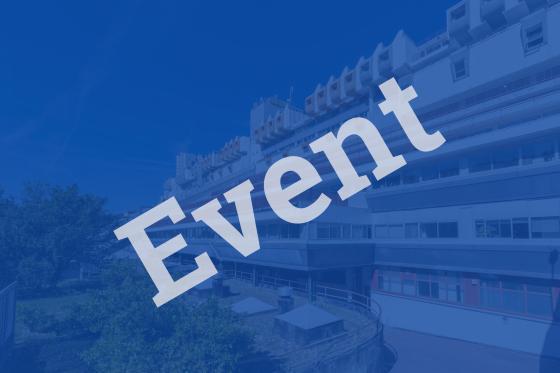-
-
Dipartimento di Fisica - Aula Magna
-
Seminario
Relatori
Dettagli
This year we celebrate the 40th anniversary of the Gorini-Kossakowski-Lindblad-Sudarshan (GKLS) Master equation [G. Lindblad, On the generators of quantum dynamical semigroups, Commun. Math. Phys. 48 (1976) 119; V. Gorini, A. Kossakowski, E. C. G. Sudarshan, Completely positive semigroups of N-level systems, J. Math Phys. 17 (1976) 821]. The GKLS Master equation is the most general type of Markovian and time-homogeneous Master equation. It plays a central role in the description of the dynamics of open quantum systems.
Inspired by the successes of the generic properties of Markovian open quantum systems, recently we proposed a new model of quantum walks on a lattice or graphs in which the interaction with an environment exclusively drives the dynamics of the quantum walker [S. Attal, F. Petruccione, C. Sabot, I. Sinayskiy, J. Stat. Phys. 147 (2012) 832]. Interestingly, these so-called Open Quantum Walks (OQWs) are the exact quantum analogs of classical Markov chains.
The continuous time limit of the OQWs leads to a generalization of the GKSL master equation, and a particular scaling limit relates to the quantum Brownian motion of a particle with inner quantum degrees of freedom. Besides their interesting mathematical properties, OQWs show a very rich dynamical behavior. They are a useful tool in the formulation of algorithms for dissipative quantum computing and have been successfully applied to the description of quantum effects in biological systems.
Il professore Petruccione e' Professore di Fisica Teorica all' University of KwaZulu-Natal, dirige il Center for Quantum Technology, nel 2007 gli e' stata conferita la "South African Research Chair for Quantum Information Processing and Communication" dalla National Research Foundation del Sud Africa, e' vice Direttore del "National Institute of Theoretical Physics", e' membro del consiglio di amministrazione della QZN Technology, una compagnia spin-off della UKZN. Ha pubblicato piu' di 160 articoli su riviste peer-reviewed , e' autore della monografia "The Theory of Open Quantum Systems", pubblicata nel 2002 e tradotta in diverse lingue, e' membro del Editorial Board della rivista internazionale "Open Systems and Information Dynamics".


